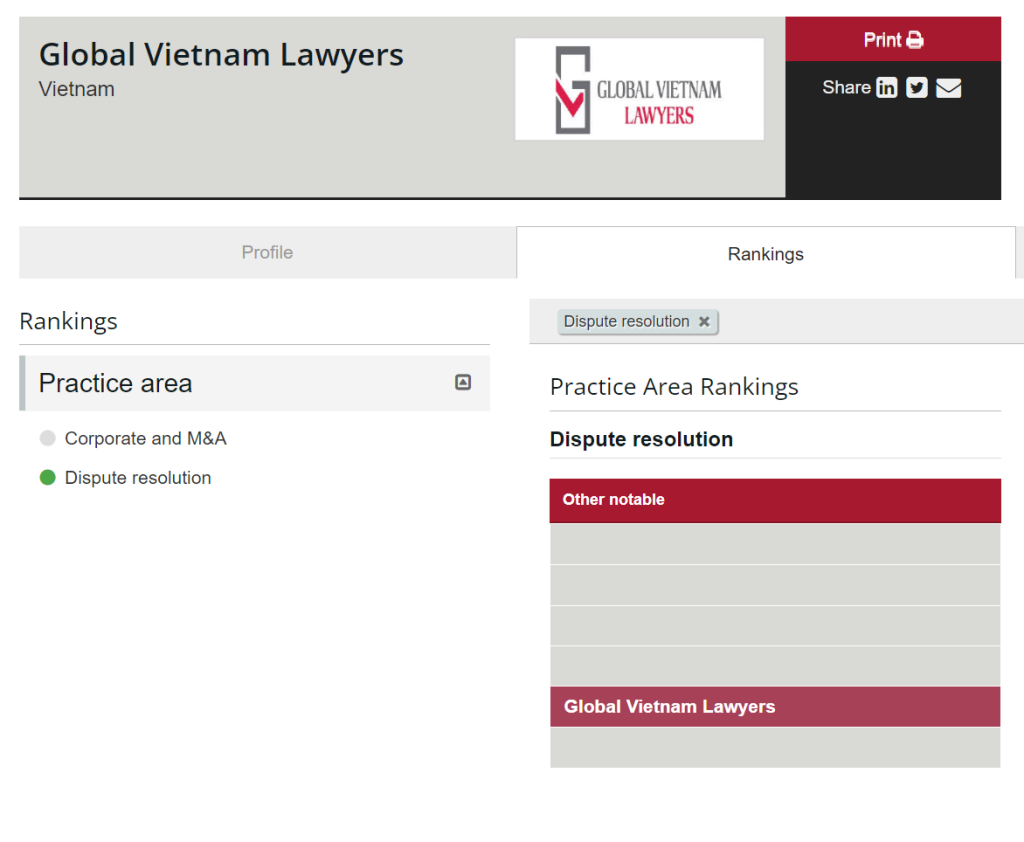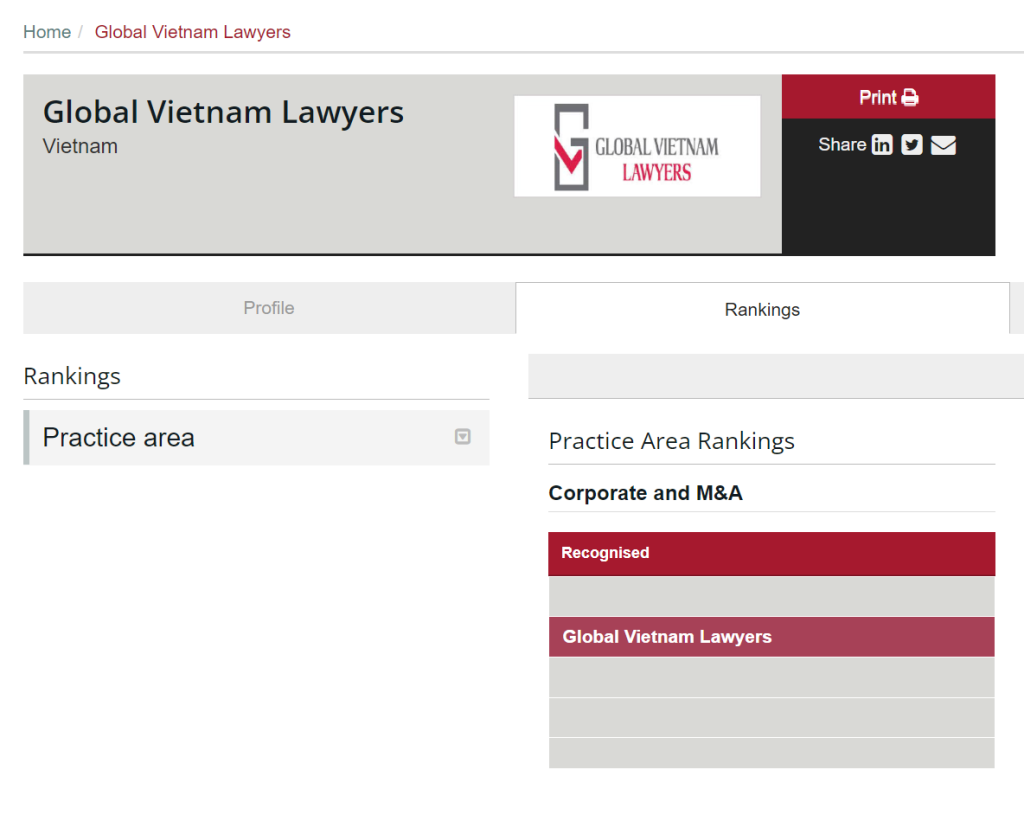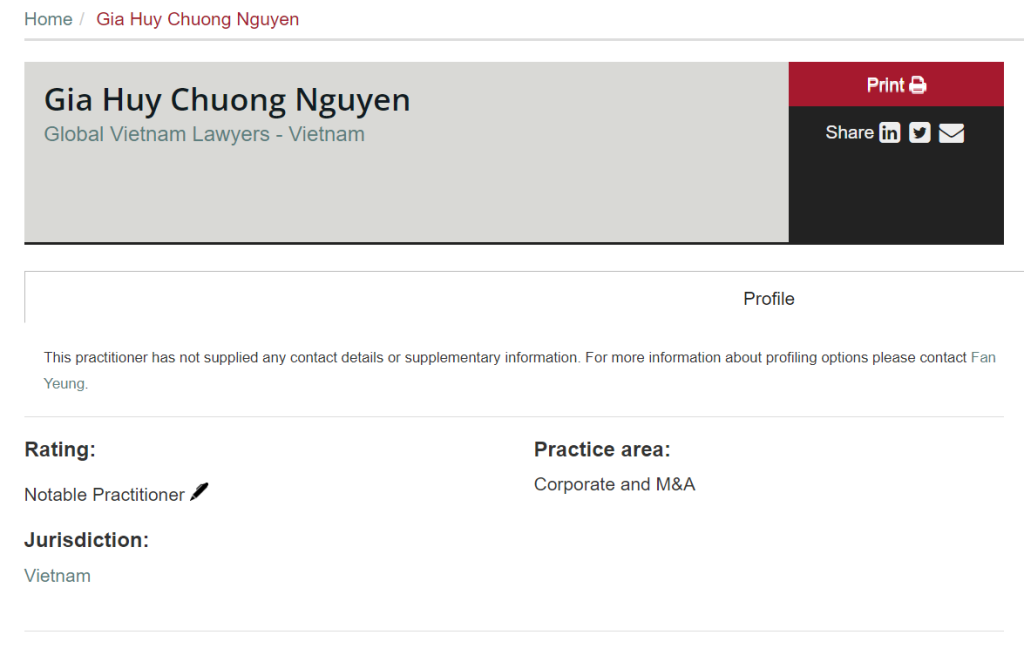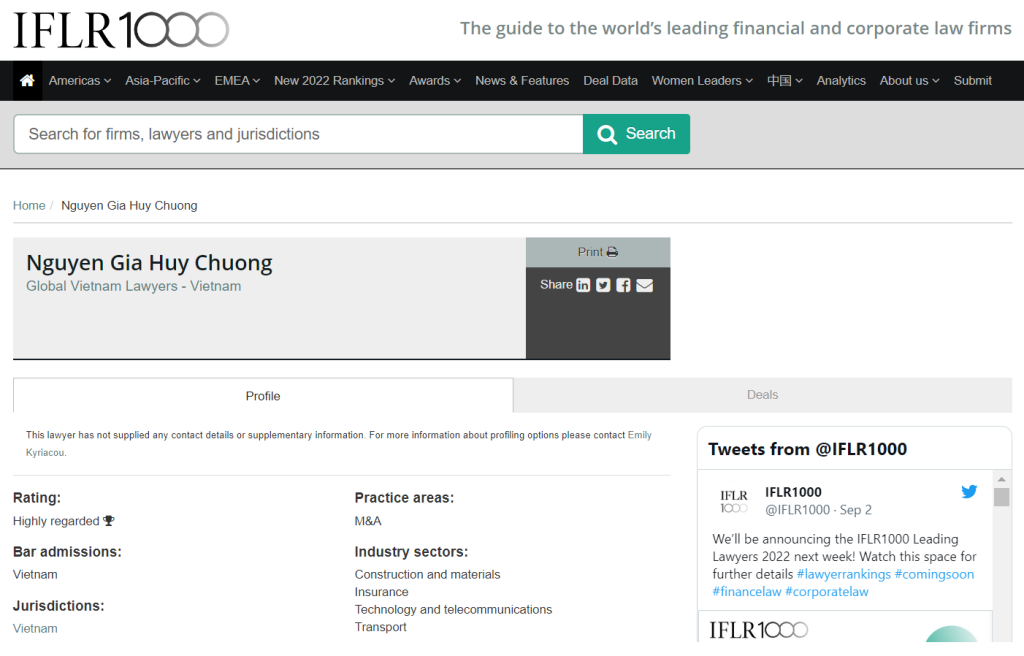SHARE DEALS AND ASSET DEALS
In a typical M&A operation, shares or assets of the target company may be assigned from the seller to the buyer. In a share deal, the buyer’s aim is to become one of the owners or the new owner of the target company by acquiring part or the whole of its equity capital. In an asset deal, the buyer acquires assets of the target company and is not, in principle, to have any stakes in its ownership. Both share deals and asset deals are legally recognised by the Law on Investment, Law on Enterprises and relevant regulations in Vietnam.
Quite often in practice, however, share deals and asset deals are interchangeable: the parties would go for a share deal if they discovered an asset deal to be complicated or time-consuming. From the view of the buyers and sellers, share and asset deals are equally valid and lawful options for them to structure their deals, depending on which one will provide them with the largest benefits.
Such practice may be observed in Vietnam, although, statistically, share deals outnumber asset deals. By contrast, it appears that the relevant State authorities, especially the courts, are somehow very reluctant to accept such business practice. Risks in M&A deals arise therefrom.
A CONSERVATIVE JUDICIAL PRECEDENT
In August 2020, in a case adjudicated on appeal by the High Court in Ho Chi Minh City, the target company was a one-member limited liability company wholly owned by the plaintiff (the Company). On 10 June 2014, the plaintiff and the respondent signed a capital contribution agreement (the CCA) whereby they agreed to contribute additional capital to the Company to increase its charter capital by VND70 billion, from VND30 billion to VND100 billion.
Under the CCA, the parties agreed that VND14 billion in total was to be contributed by the parties, whereby the plaintiff would contribute VND4.2 billion (accounting for 30%) while the respondent would contribute VND9.8 billion (accounting for 70%). For some reason, the respondent actually contributed VND10.3 billion (instead of VND9.8 billion). Subsequently, the respondent agreed to disburse another VND74.6 billion into the charter capital of the Company in order to own 85% of the charter capital of the Company. In addition, upon full payment of the respondent’s share in the Company’s additional capital, the respondent would have the “full right to implement the project of the Company”, i.e. full control of the implementation and development of the project. However, the respondent ended up paying only VND10.5 billion in total.
The plaintiff thereupon initiated a lawsuit against the respondent seeking a court’s ruling not to recognise the respondent as an equity member of the Company for the reason that she failed to fully pay her pledged amount of capital. The respondent, in turn, submitted a counterclaim alleging that the plaintiff had likewise failed to fulfil his obligation to contribute charter capital.
In the appellate stage, the High Procuracy found that, based on the case documents, the real transaction between the plaintiff and the respondent was the transfer of part of a project of the Company. The High Procuracy then commented that transfer of project is an ”against the law” transaction and that the transaction, as per the CCA, was a sham transaction meant to conceal the real one (i.e. the project transfer).
In unison with the High Procuracy, the High Court declared the CCA null and void and ordered the plaintiff to return the amount of VND10.5 billion to the respondent.
In this case, the respondent might have wanted to acquire the majority stake in the company’s project but the parties had structured the deal as a share deal where the respondent contributed additional funds into the charter capital of the company. This structure is quite a popular practice in M&A deal structuring. However, the Procuracy and the Court seemingly took a very conservative point of view by considering the parties’ choice of a share deal to indirectly acquire the company’s project as a legal means to evade the laws. If this case is to become a formal precedent, other similar M&A deals might be at risk of not being recognised as lawful.
WHEN THE STATE AUTHORITY DOES NOT AGREE ON WHAT YOU HAVE PLANNED
In other M&A cases, lots of high-ranking State officers have been sentenced to jail on accusations of selling the shares of State-owned companies at “(too) low prices”. As a typical feature, the State-owned companies would hold the freehold or leasehold of high-value land (“đất vàng” or “golden land”) and private buyers would acquire majority shares in such companies to indirectly own the land. To determine whether the assignment price of the shares was “low” or “high”, the investigators would normally compare the said assignment price with the actual value of the “golden land” while, ironically, ignoring the debt duties of the target companies. In cases where the assignment price is found to be lower than the value of the “golden land”, the difference will be considered as a damage caused to the State and the related parties will be financially liable for such so-called damage. In some cases, the parties may even be held criminally responsible and the buyers (who are often private businesspersons) may have the the money they have paid for acquiring the companies’ shares in the first place confiscated. This amounts to unfair and inequitable treatment since, technically, the buyers just paid for what the owner of the target companies consented to sell.
However, we have not seen any cases where buyers or sellers in an M&A deal relating to a private company have been held criminally responsible for buying or selling shares at (too) low prices. Neither have we seen any cases of buyers or sellers canceling an M&A deal just because the transfer price is deemed to be (too) low by either party.
WHAT SHOULD BE LEARNT FROM VIETNAM PRACTICE
It can be seen that M&A deals in Vietnam seem to be riskier than in other countries, especially when the target companies are either wholly or partly State-owned. Since land is the main asset of most of these companies, it may be argued that the reason therefore is the inadequacies in the laws on land and/or property. Others would blame the lack of business mindedness of the State authorities, especially the courts. Whatever the true reasons may be, the situation is not expected to change significantly in the short term. Therefore, generally speaking, before embarking upon any M&A deals, comprehensive and thorough due diligence, careful deal structuring, and assistance of the right consultant would be recommended. Where the target company is a State-owned company or the target project belongs wholly or partly to a State-owned company, double vigilance is not superfluous.
The post M&A risk in Vietnam – Can share deals and asset deals be used interchangeably? appeared first on Global Vietnam Lawyers.
source
https://gvlawyers.com.vn/ma-risk-in-vietnam-can-share-deals-and-asset-deals-be-used-interchangeably/



 IFLR1000 is the only international legal directory that ranks law firms and attorneys based on their financial and corporate transactional work, particularly in Asia-Pacific.
IFLR1000 is the only international legal directory that ranks law firms and attorneys based on their financial and corporate transactional work, particularly in Asia-Pacific.
 The South East Asia Law Awards is a prestigious award that recognises the exceptional performance of law firms and legal practitioners throughout South East Asia. This is an excellent achievement for our ever-growing team and a testament to our solid and sustainable growth.
The South East Asia Law Awards is a prestigious award that recognises the exceptional performance of law firms and legal practitioners throughout South East Asia. This is an excellent achievement for our ever-growing team and a testament to our solid and sustainable growth.